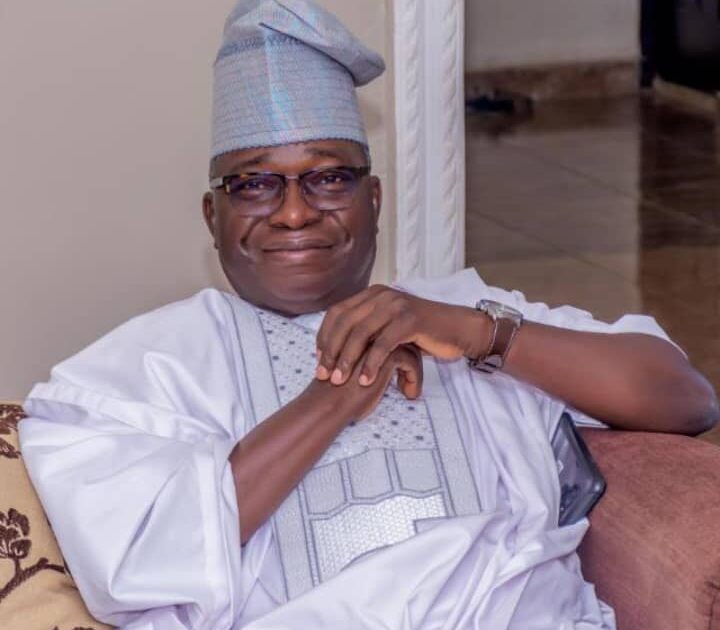The political landscape of Rivers State, Nigeria, recently witnessed a period of turbulence, culminating in the imposition of a state of emergency by President Bola Tinubu. This decision, while controversial, ultimately paved the way for a fragile peace and a return to governance under Governor Siminalayi Fubara. The crisis stemmed from a power struggle between Fubara and loyalists of the Minister of the Federal Capital Territory, Nyesom Wike, within the Rivers State House of Assembly. This feud escalated into impeachment threats against the governor, budgetary blockades, and violent clashes, raising concerns about the stability of the state.
President Tinubu’s intervention, invoking constitutional powers to suspend the governor, deputy governor, and lawmakers, was met with criticism from some quarters. Critics argued that the move was an overreach of executive authority and an infringement on the democratic process. However, Senator Ayodele Arise, a chieftain of the ruling All Progressives Congress (APC), defended the President’s action, asserting that it was necessary to avert a full-blown crisis. Arise emphasized the potential economic ramifications of unchecked instability in Rivers State, a crucial oil-producing region, arguing that escalating violence could disrupt oil production and drive away foreign investment. The President’s intervention, he contended, ultimately averted a deeper crisis and ensured the preservation of peace in the state.
The state of emergency was lifted on September 17, 2023, allowing Governor Fubara to resume his duties. The governor acknowledged the tense situation and stressed the importance of the truce brokered by President Tinubu. He publicly recognized Minister Wike as a leader, signaling a de-escalation of the political conflict. While the immediate crisis has been resolved, the underlying political tensions remain, posing a potential challenge to long-term stability in the state.
The political dynamics in Rivers State are complex, with multiple power centers and competing interests vying for control. The relationship between Governor Fubara and Minister Wike, both prominent figures within the state’s political landscape, remains a key factor influencing the state’s stability. The recent conflict exposed the fragility of the power-sharing arrangement between these two influential figures, and the truce, while welcome, may not be sufficient to prevent further power struggles in the future.
The implications of these events extend beyond Rivers State and have the potential to influence national politics. The state is a crucial political battleground in Nigeria, and the outcome of future elections in the state could significantly impact the balance of power at the national level. Senator Arise expressed confidence in President Tinubu’s prospects for re-election in 2027, suggesting that Governor Fubara, along with other governors in the Niger Delta region, will align with the President’s second-term bid. This prediction underlines the importance of political alliances and the potential for political maneuvering in the coming years. The senator further argued that Minister Wike’s influence and political machinery within Rivers State, coupled with the federal appointments he has made, give him significant control over the grassroots political structures. This control, he believes, will translate into electoral support for the President’s agenda in the state.
The situation in Rivers State remains fluid. While the immediate crisis has abated, the underlying tensions persist. The long-term stability of the state hinges on the ability of the key political actors to manage their differences and work towards a sustainable power-sharing arrangement. The political landscape of the state will undoubtedly be a key area to watch as the country moves towards the next general elections. The unfolding events in Rivers State serve as a microcosm of the complex political dynamics at play in Nigeria, where personal ambitions, political alliances, and regional interests often intersect, shaping the course of national politics. The fragile peace currently in place remains vulnerable to future power struggles, reminding observers of the delicate balancing act required to maintain stability in a complex and dynamic political environment. The real test will be whether the current truce holds and translates into genuine political stability, paving the way for sustained development and progress in the state.














